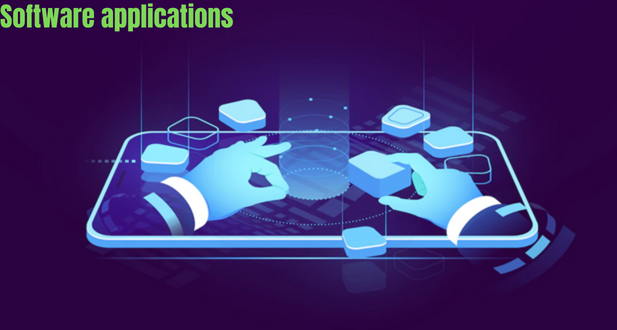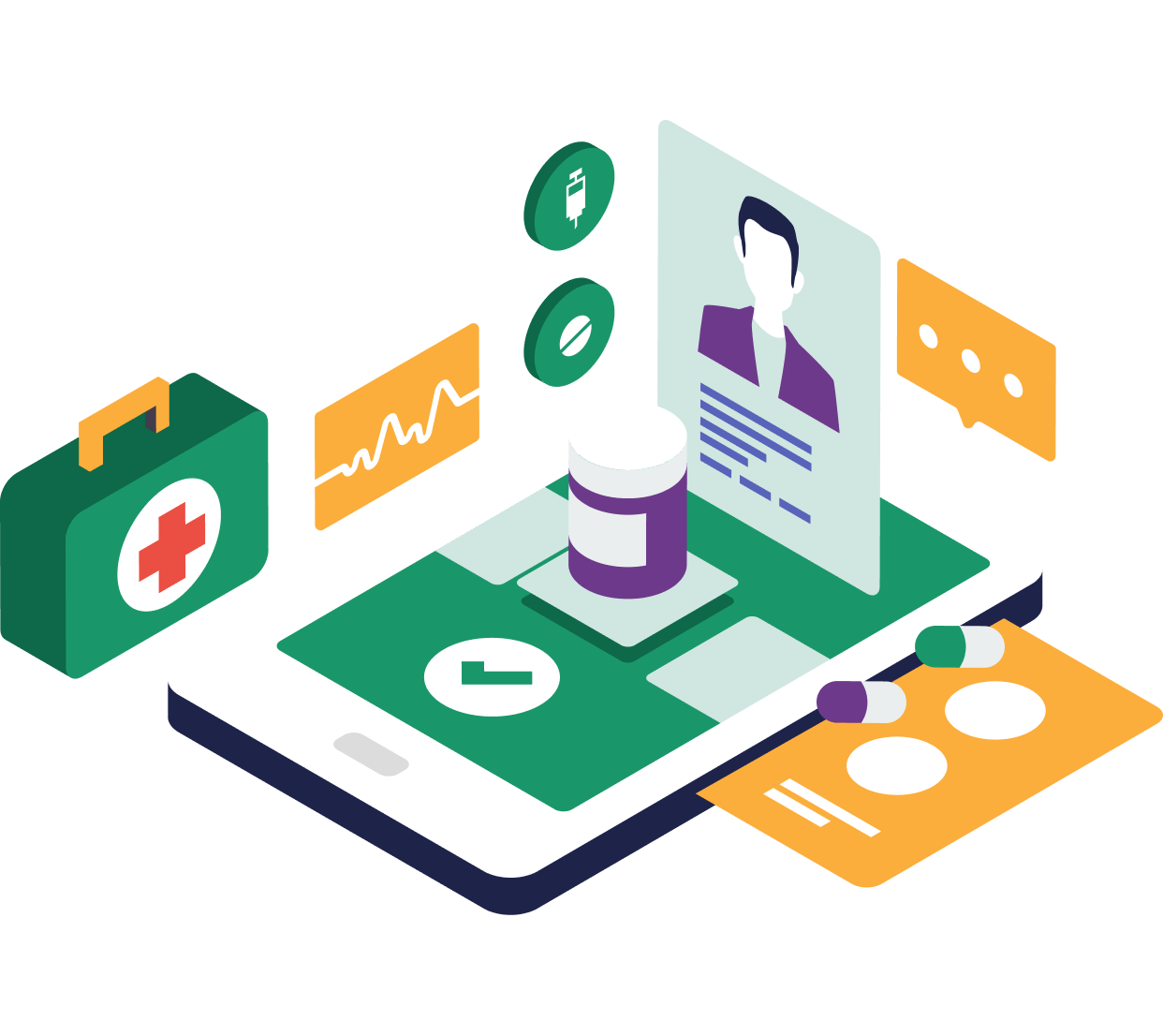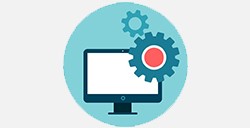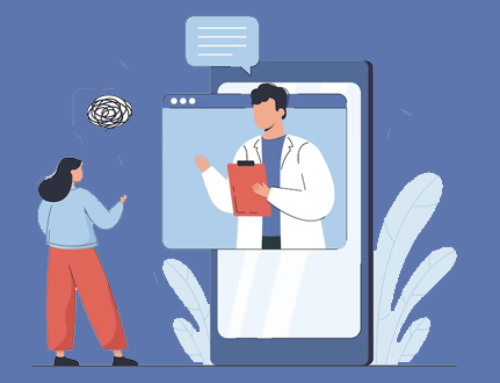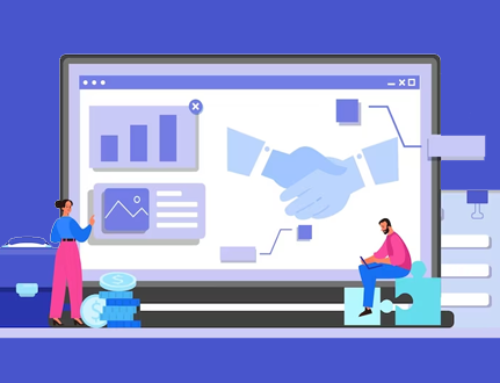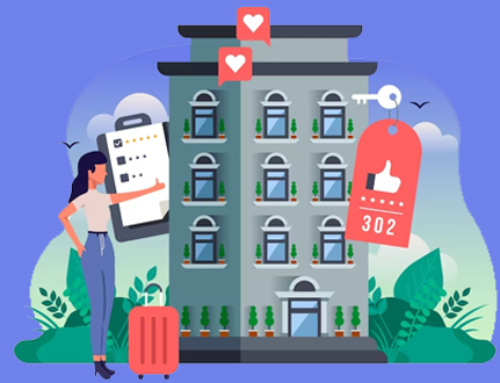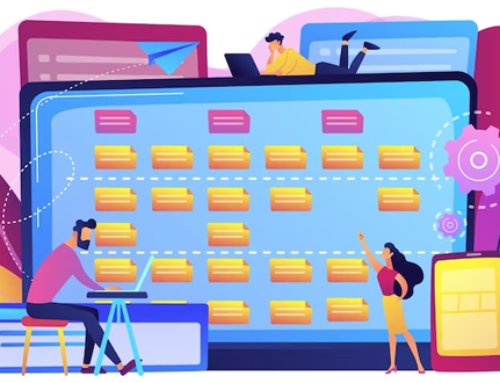About software applications:
Software applications, or simply “apps,” are computer programs designed to perform specific tasks or functions. These tasks can range from simple tasks such as managing a to-do list or playing a video game, to more complex tasks such as running a business or performing scientific research.
Apps are typically designed to be user-friendly and intuitive so that users can easily navigate and use them to accomplish their goals. This makes them an essential tool for many people, as they allow users to quickly and easily access the information and functionality they need to perform a wide range of tasks. One of the most common uses for software applications is for productivity. This includes tasks such as managing emails, scheduling appointments and creating documents and presentations.
For example, a gaming app like Angry Birds allows users to play a popular mobile game, while a streaming video app like Netflix allows users to watch movies and TV shows on their devices.
Features of software application:
- Software applications have become an integral part of modern life, with people using them for a wide variety of purposes. There are many advantages to using software applications, and in this article, we will explore some of the most significant ones.
- One of the biggest advantages of software applications is their ability to improve productivity and efficiency. With the right software, users can automate tedious or time-consuming tasks, allowing them to focus on more important things. For example, a word processing program can help a writer create a document much faster than if they were writing by hand, and a spreadsheet program can help a business owner keep track of their finances in a more organized manner.
- Another advantage of software applications is that they can help people stay connected. With the advent of the internet, people can now use software to communicate with others no matter where they are in the world. This can be incredibly helpful for people who work remotely, as they can still collaborate with their colleagues and stay up to date with what’s happening in the office.
- Software applications can also be used to store and manage data. With the right program, users can store large amounts of information in an organized and easily accessible manner. This is particularly useful for businesses, as they can use software to keep track of customer information, inventory levels, and sales data.
- Another advantage of software applications is that they can help people learn new things. There are many educational software programs available, ranging from simple games that teach basic concepts to more complex programs that provide in-depth instruction on a variety of subjects.
These programs can be a great way for people to learn new skills and gain knowledge, and they can be especially helpful for people who are unable to attend traditional classes due to their location or other factors.
- Software applications offer numerous advantages that can improve people’s lives in many different ways. They can help people be more productive and efficient, stay connected, store and manage data, and learn new things. As technology continues to advance, it’s likely that we will see even more impressive software programs that can help people in even more ways.
Benefits of software applications:
- Now that you have a general understanding of the advantages of application online management services, let us break them down further to show you why utilizing the software application is indeed the ideal approach to handle your fellowship or award application programs. We’ve previously hinted at it, but employing an easy-to-use online application management program will save you a lot of time.
- The process of putting everything up using knowledge management software will take some time. If your organization has numerous systems in place, the update procedure may be difficult and time-consuming. Software must be built in accordance with client specifications; this takes time, and as a result, the production process may be delayed.
- Such software automates various working operations which are difficult, manual, or necessitate the utilization of many systems for exchanging information. Software does not only make the computer hardware do necessary duties; it also enables the company to function more efficiently. Many forms of software, such as cloud apps and other tools, might go beyond the capability of your existing hardware systems.
- You may save time and money by designing and employing customized software adapted to your specific needs. This includes improved procedures or cross-departmental software that improves data analytics and makes data readily available from any aspect of your organization. This may save you time, and money, and give assistance that your firm will need as it expands. One key advantage is that knowledge management may help you extract power from your firm in order to develop it.
- Getting this knowledge management system in place would be far more advantageous than not using this knowledge management in place to keep your firm creative and encourage employee growth. Your organization might definitely profit from knowledge management software, particularly because communication appears to be a problem in many businesses these days. Running a cost-benefit analysis may help you make an informed choice and boost your confidence, whether you want to use ready-made software or develop your own.
- Your operations will be more productive if your software applications use a single data source. Because the user-defined app is designed from the ground up to fulfill your requirements and it can modify functionality regions that are typically handled by many apps you already have a lot of data in one place. In the context of app software, operations are not conducted for an operating system but are performed to assist end users.
- Perhaps application software is indeed not beneficial to a typical user or cannot assist with the daily duties that a regular user must perform. For example, if a computer is hacked, the application software will continue to function normally because it has a built-in security layer that prevents hackers from corrupting its program.
- App Software is used to manipulate text, pictures, and figures by expressly utilizing the computer’s capabilities. A piece comprising computer software performs a certain function again for the user or, in some situations, another program. The application (app), application program, or application software is indeed a computer program designed to help people do a task.
- Application software is designed to assist a user in performing a certain task, such as communication, search, or creativity. This computer application is only intended to accomplish one thing. Applications are often software programs that are planned and built to help users do a certain computing activity. Computer software is made up of programs and procedures that are designed to perform a certain purpose in a system.
- Computer software refers to the entire system of programs, methods, or algorithms, in addition to other operational information, that works in tandem with hardware to run a computer. A computer platform generally includes a physical architecture with a software infrastructure that enables the operation of applications software like the operating system or programming languages. An operating system may well be regarded as application software in and of itself when performing basic calculations, measurements, graphics, and word processing tasks as opposed to being used to control hardware via a command-line interface or a graphical user interface.
- Application software is designed for a specific user, routine, or business circumstance or demand. Oftentimes productivity software is offered with each other in integrated software applications, like with Microsoft’s Office suite. An Office software suite, for example, may include Word Processing, Spreadsheets, Databases, Presentations, or Email programs.
- Office suites, graphical software, database management systems, web apps, word processors, tools for software development, image editors, or communications platforms are examples of contemporary apps. Almost all programs, from database management applications to the cloud, rely on other software to function. A platform for application software A single software group for end users Database programs, spreadsheets, Internet browsers, and so on are all examples of application dependencies.
- A software suite is a collection of application packages that fall into four categories: productivity, specialty, utility, and personal. Personal or domestic software suites include software applications that are owned by the user, as well as programs designed for home or personal usage.
- Software for increasing productivity Productivity software is a sort of application program that allows users to generate documents, databases, charts, worksheets, or presentations. Most productivity software allows developers to create code, test it, and transform it into a format that can be run on a computer.
- This software, known as the integrated environment for development (IDE), is typically offered for free by the firm that is developing the computer language to be used to produce the code. Other forms of software comprise programming software, which provides programmers with programming tools; middleware, which sits between computer programs and applications; and driver apps, which control the computer’s devices and peripherals.
